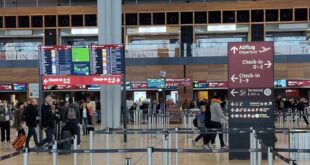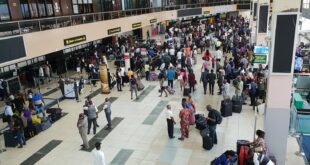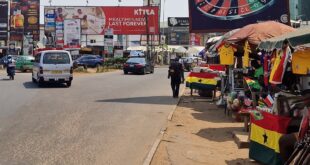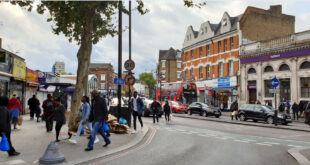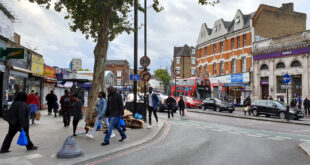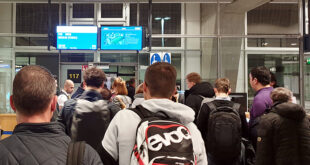Be prepared for possible delays if you are planning to travel in or out of Europe’s Schengen zone, the EU’s 26-nation free travel area.
New legislation has come into effect to tighten border controls across the EU, with a particular emphasis on countries at the Schengen’s external borders.
Stricter checks commenced on Friday and the EU says they are needed to fight terrorism and boost security.
Countries are now required to check all travellers against three databases – Schengen, Interpol and national. That means border guards will systematically check in the Schengen Information System (SIS) whether EU travellers are considered dangerous and merit being searched by the police. Until now, only the authenticity of the passport has been verified.
The stricter controls come in the wake of deadly terrorist attacks on European soil, including those in Paris, Nice and Brussels.
“One of the issues that came to light with recent attacks has been the phenomena of foreign fighters, of people with EU passports who are not normally checked systematically against every security database at national European level and now they will be,” explained Natasha Bertaud, spokesperson of the European Commission.
Officials warned that the systematic checks on all third-country nationals entering the Schengen Zone is likely to prompt longer queues at frontier checkpoints.
But the checks can be reduced to targeted ones, if long queues build up at a land or sea border and there are no risks to security. There will be a transitional period at airports.
Sola Jolaoso
 THE AFRICAN COURIER. Reporting Africa and its Diaspora! The African Courier is an international magazine published in Germany to report on Africa and the Diaspora African experience. The first issue of the bimonthly magazine appeared on the newsstands on 15 February 1998. The African Courier is a communication forum for European-African political, economic and cultural exchanges, and a voice for Africa in Europe.
THE AFRICAN COURIER. Reporting Africa and its Diaspora! The African Courier is an international magazine published in Germany to report on Africa and the Diaspora African experience. The first issue of the bimonthly magazine appeared on the newsstands on 15 February 1998. The African Courier is a communication forum for European-African political, economic and cultural exchanges, and a voice for Africa in Europe.







